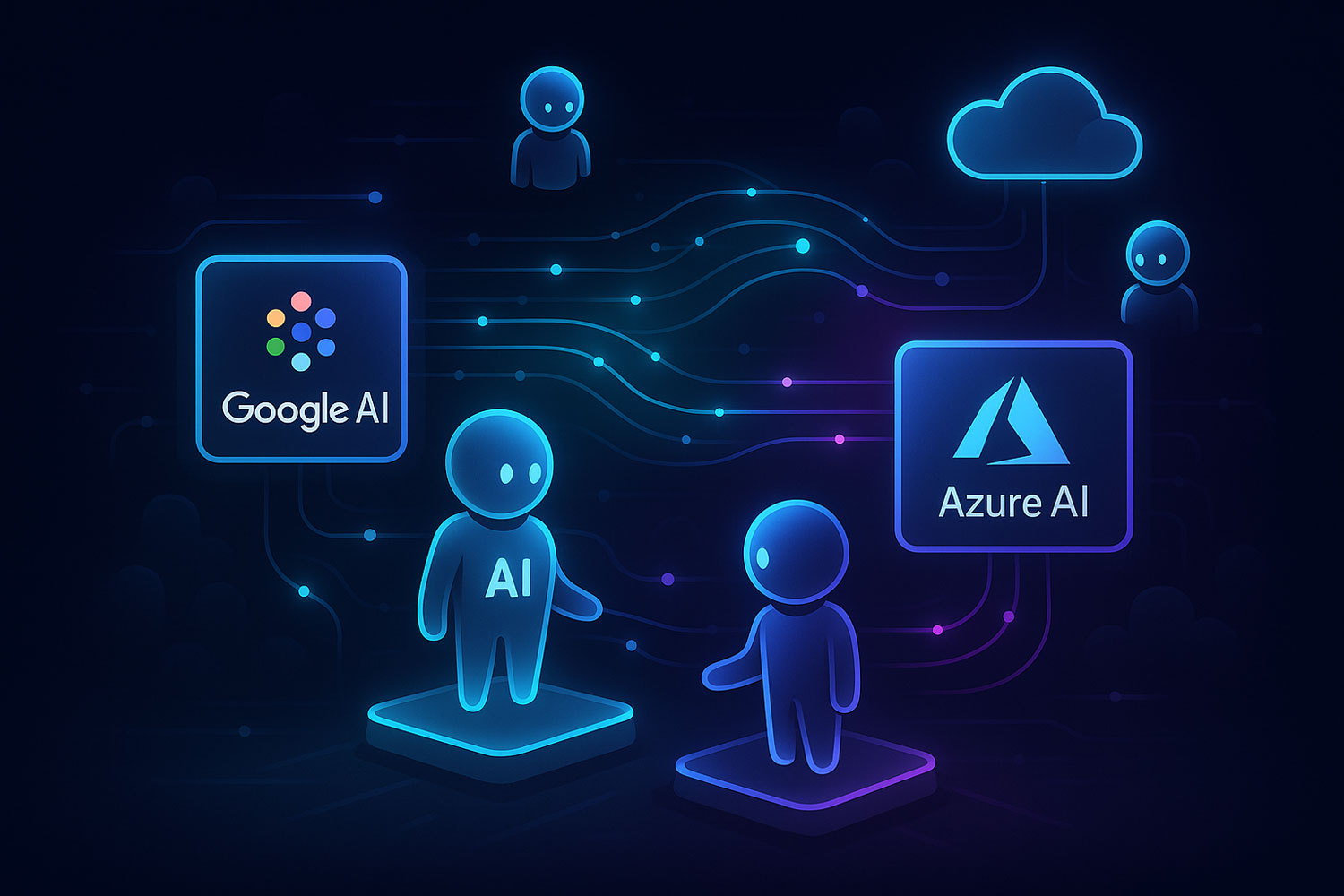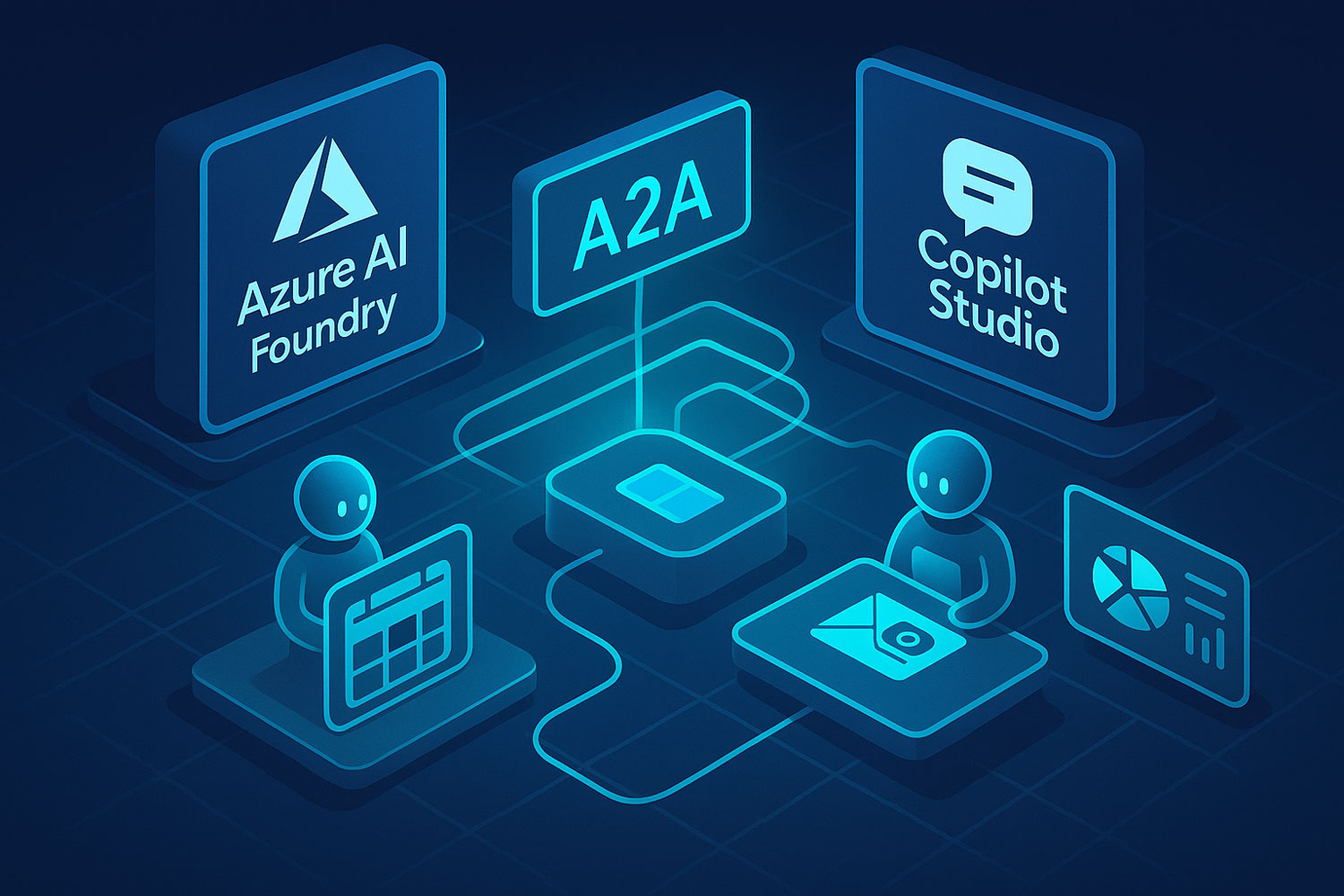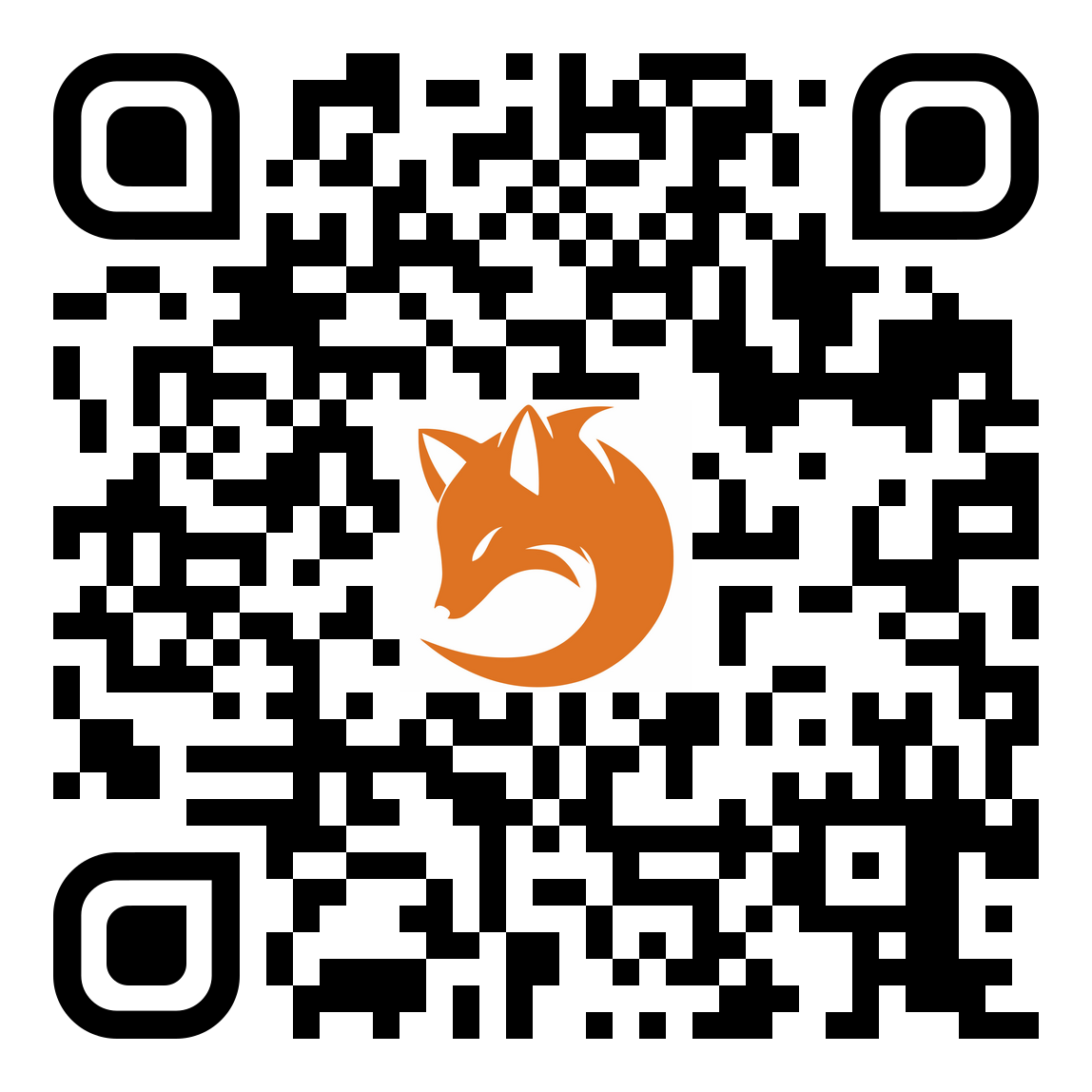In a landmark development on May 7, 2025, Microsoft officially announced its support for Google’s Agent2Agent (A2A) protocol, setting a new milestone in cross-platform AI interoperability. This strategic alignment promises unprecedented flexibility and efficiency for enterprise-level AI applications.

A Major Step Towards Open AI Ecosystems
Microsoft has confirmed it will integrate the A2A protocol into its major AI development platforms—Azure AI Foundry and Copilot Studio. The company has also joined the A2A working group on GitHub, actively participating with global developers to refine and advance this standardized communication framework. This initiative is widely regarded as a groundbreaking move toward overcoming traditional AI operational silos.
“By embracing A2A and developing open orchestration platforms, we’re laying the groundwork for next-generation software,” Microsoft stated in an official blog post. “The most effective AI agents won’t remain restricted to isolated applications or single cloud platforms; they’ll seamlessly traverse workflows, models, and ecosystems.”
Understanding the A2A Protocol
Introduced by Google in early April 2025, the A2A protocol serves as a universal language enabling seamless dialogue and collaboration among different AI platforms. Key capabilities of the A2A protocol include:
- Goal Exchange: Clearly defining objectives such as business trip arrangements or generating financial reports.
- Action Invocation: Allowing agents from diverse platforms to leverage each other’s capabilities—for example, Google’s agent drafting emails and Microsoft’s agent managing schedules.
- Secure Collaboration: Ensuring data privacy and compliance through interoperable components, effectively avoiding typical “AI black box” problems.

Industry-Wide Impact: From MCP to A2A
Microsoft’s adoption of A2A builds upon its previous integration of Anthropic’s Model Context Protocol (MCP), introduced earlier in 2025. MCP addressed AI’s connectivity with external data sources, while A2A specifically targets inter-agent collaboration. Industry analyst Gartner notes, “MCP solves how AI utilizes tools; A2A defines how these tools collaborate, effectively equipping AI agents with comprehensive resources.”
The combined support for MCP and A2A by tech giants including Google, OpenAI, Salesforce, and Box signals a critical shift from isolated AI solutions toward collective, enterprise-grade AI ecosystems.
Accelerating Market Growth and Innovation
As standardization progresses, the AI agent market is experiencing explosive growth. According to Markets and Markets, the AI agent sector is projected to surge from $7.84 billion in 2025 to $52.62 billion by 2030, driven by the remarkable productivity gains these intelligent systems offer.
Microsoft’s latest move further accelerates this momentum, positioning the company—and its partners—to significantly shape the future landscape of AI-driven enterprise solutions.

 FoxDoo Technology
FoxDoo Technology




